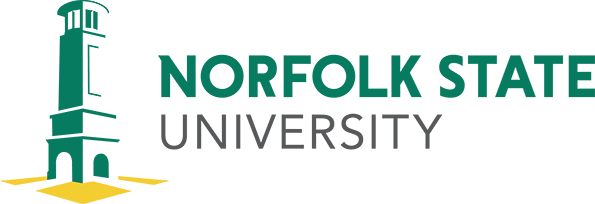Faculty Development that is Fueled by Data and Driven by Results
We measure every aspect of your ACUE investment.
Data Fuels and Informs Every ACUE Partnership
Use our research to ensure a successful ACUE partnership, and validate that instructors who are certified in ACUE’s Effective Teaching Practice Framework lead to better outcomes for your students and institution.
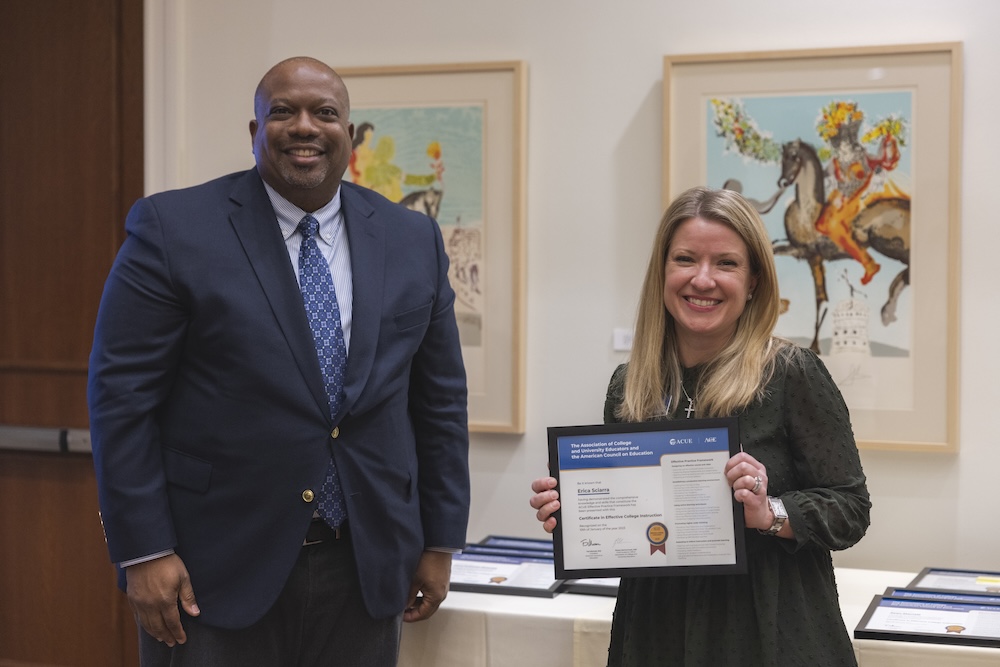
ACUE’s Partner Reporting
Providing reporting on the positive impact of your ACUE partnership is key to helping you understand your return on investment. With an institutional partnership, partners receive reporting aligned to levels 1, 2, and 3 of ACUE’s evaluation framework. Institutions can purchase evaluation services aligned to levels 4, 5, and 6 for additional measurement of their investment and impact at their institution. These partner reporting levels align to ACUE’s logic model, which shows the path to our course’s intended goals and impacts and the sequence in which expected outcomes will occur. Learn more about ACUE’s logic model in our Connecting the Dots whitepaper.

Data Delivered
Understanding the impact associated with your investment is crucial. By partnering with ACUE, your institution will have access to one of the education industry’s most rigorous and sophisticated systems for measurement. Below, you’ll find a selection of the reports ACUE offers to help institutions make data-informed decisions about their partnership.
Summary Reports
You’ll receive reports on the impact of Levels 1–3 of the Evaluation Framework, which encompass course-taker engagement, learning, and implementation throughout the course. These reports also include course-taker demographics, selected reflections, and reported changes in self-efficacy and mindset. Continue to drive increased participation and a culture of learning by sharing these key metrics across your campus. View an example.
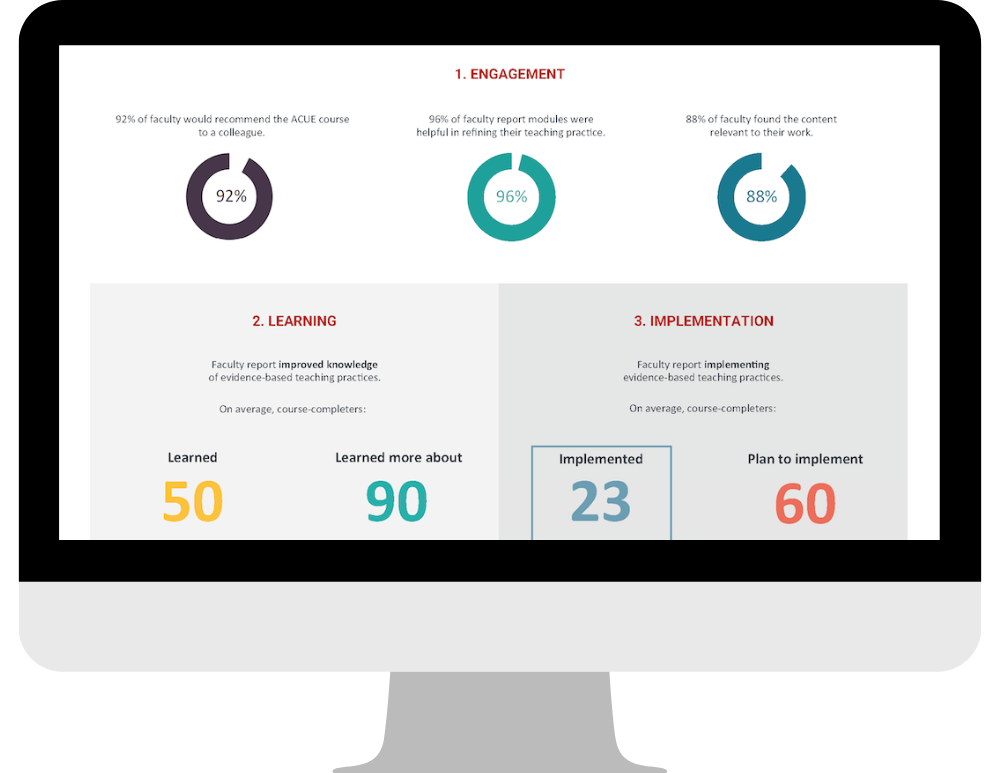
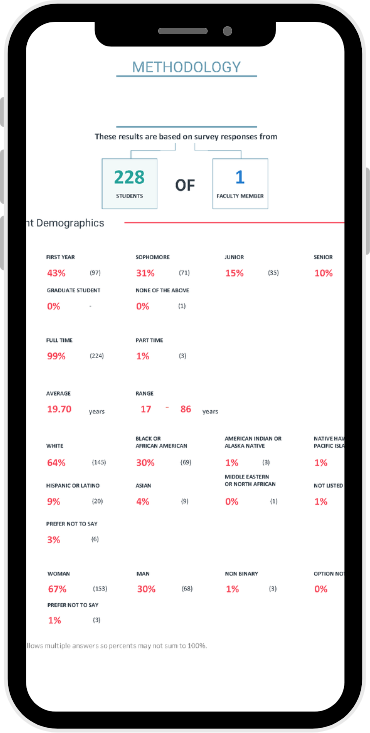
Bias-Free Student Surveys
Your institution can choose to include ACUE’s student survey in your partnership, which is designed to align with Level 4 of our Evaluation Framework. This survey measures students’ experience of the evidence-based instructional practices faculty are implementing in their courses, as well as their mindsets and academic self-efficacy.
Tested regularly for evidence of bias, this survey also provides course-takers with formative feedback about the new practices they are trying in their courses, along with the additional option to view customized comparison benchmark data from students nationwide.
Course Analytics
The ACUE Academic Team, including the facilitators of your ACUE courses, are equipped with the data, reporting, and insights needed to ensure course-taker engagement and success. Sophisticated analysis regularly informs ACUE’s continuous improvement model for program delivery.
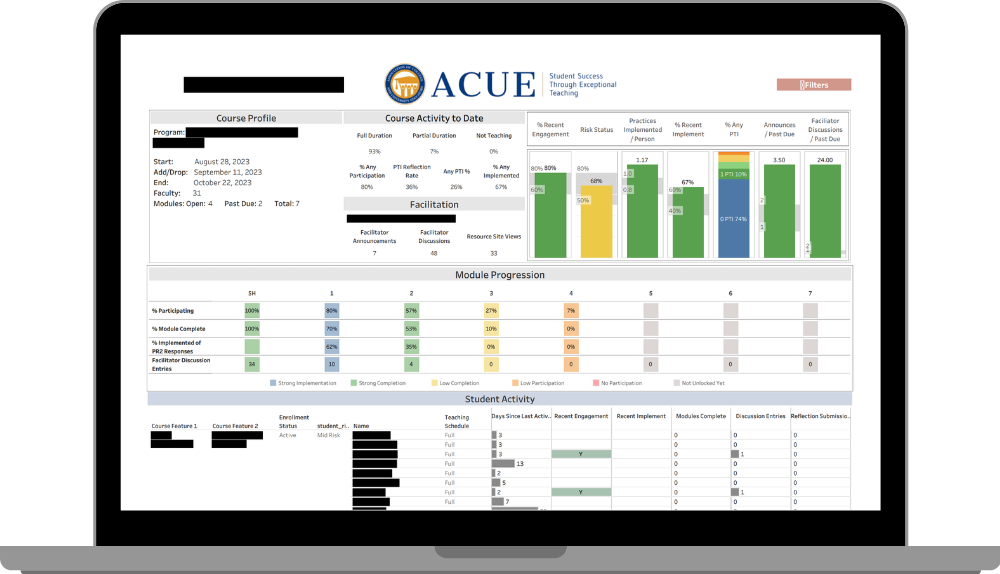
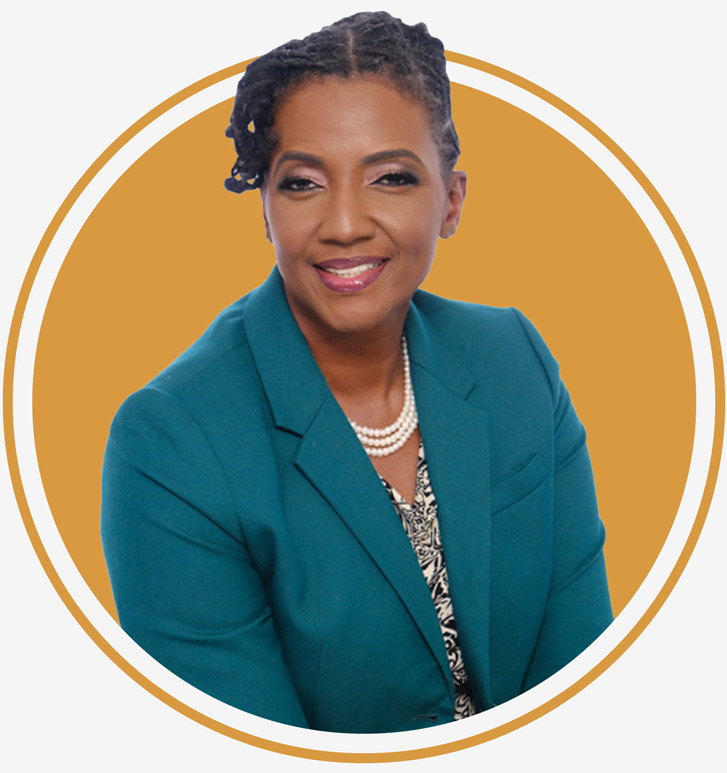
“Many of our faculty are involved in the research themselves,
so for them to see the data behind these teaching methods and the impact it’s making at other colleges and universities was really important.”
Dr. Cynthia Nicholson, Norfolk State University
